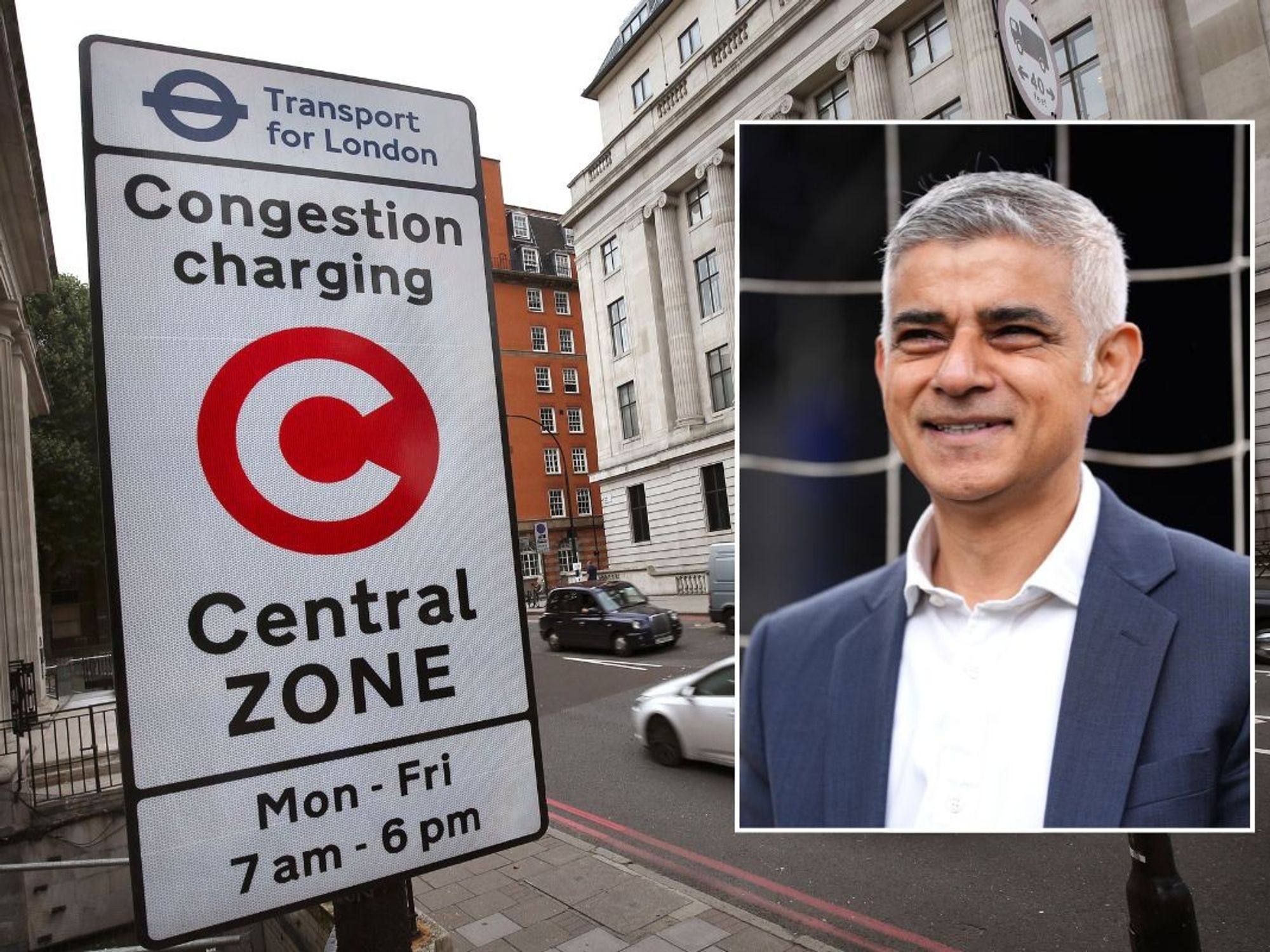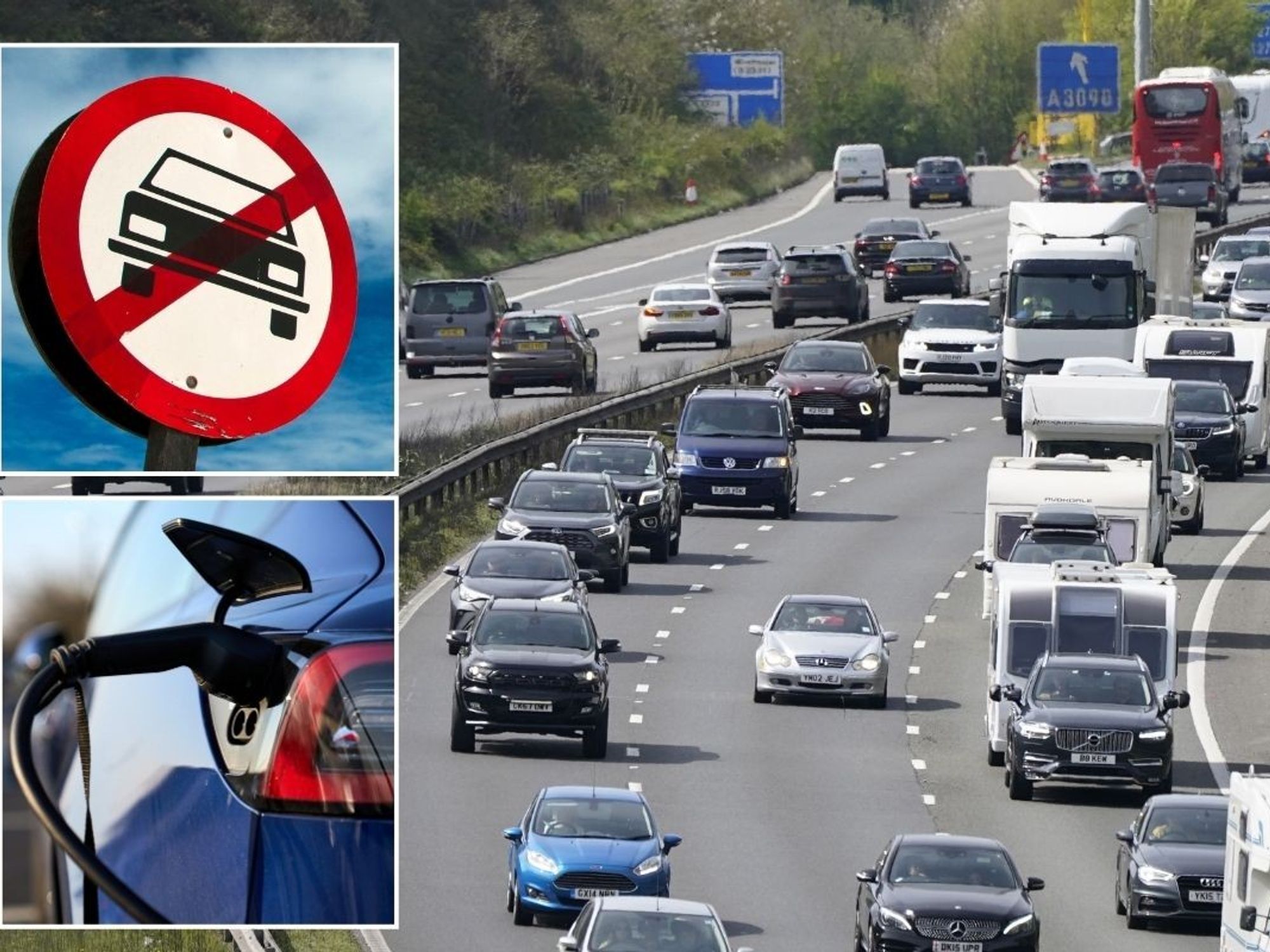Income tax warning as average worker could pay £50,000 more in their career due to stealth tax raid

The stealth tax raid could see average worker pay £50,000 more in their career
|GETTY

The number of people paying income tax has surged by 4.5 million since 2010
Don't Miss
Most Read
The average worker is set to pay an extra £50,000 in income tax during their career, compared with three years ago new research shows.
Experts have warned taxpayers about the “shock” to come when they realise the “vast amounts” of extra cash that they’re having to pay because of frozen tax thresholds.
Between 2021/2022 and 2023/2024, the average salary has risen from £30,472 to £35,448, representing a 16 per cent rise.
However, the income tax an average earner in England would have to pay the exchequer over 48 years has increased from £172,531 to £219,633 – a £47,102 rise, or 27per cent.
It means the average earner must now work for over six years just to fulfil their lifetime income tax obligations – six months more than in 2020-21, analysis by TaxBite, accountancy firm has shown.
An estimated 1.2 million pensioners will be dragged into paying income tax in 2024/25 and an additional 1.6 million pensioners will be paying income tax compared to if the personal allowance had been increased in line with inflation.

The number of people paying income tax has surged by 4.5 million since the Conservatives came to power in 2010
|GETTY
Had it not been frozen, the tax threshold should have risen from £12,570 to £15,999 by 2027/28, according to research commissioned by the Liberal Democrat Party.
The freeze means that every year, more and more people are having to pay the levy for the first time, or at a higher tax band as their income increases along with inflation, without nominal tax rates actually increasing – known as fiscal drag.
John O’Connell, chief executive of the TaxPayers’ Alliance campaign group, said: “Taxpayers will be shocked but not surprised about the vast amounts of extra cash that they’re having to cough up because of frozen thresholds.
“The grim reality is that the average household works for years just to pay off the taxman, yet still public services don’t seem to work, while growth is pitiful.
“Ministers need to turn rhetoric about cutting tax into reality by lifting those thresholds and ideally cutting the main rates as well.”
Tax Bite’s analysis multiplied the annual tax obligation for an earner on an average salary in England by the typical number of years in a working life in the 2020-21 and 2023-24 tax years.
Chris Etherington, of tax advisers RSM, said frozen thresholds could deter people from entering the workforce.
He said: “It’s often middle-earners who are worst hit from the freezing of the allowance and thresholds.
“It can act as a real disincentive to work.
“We have 9.3 million people economically inactive. If we’re taxing people to the hilt in terms of their earnings, then the equation doesn’t balance.”
With the economic inactivity affecting millions of people, the Government are being urged to cut taxes and benefits in a bid to lower the worklessness crisis.
The International Monetary Fund (IMF) stated in their latest report that there is an “urgent need for policies” to boost the working economy.
LATEST DEVELOPMENTS:
The thinktank found that cutting taxes and benefits could encourage millions of unemployed men to find a job and cut worklessness numbers down.
Their analysis of 38 OECD industrialised economies, including the UK, US and Germany, recommended that higher pension ages would also keep people in work for longer.
In its World Economic Outlook, the IMF said: “Reduced unemployment benefits and lower labour taxes are associated with higher participation for men of prime working age.”
Etherington added: “While the Chancellor is focused on trying to reduce the tax burden on workers, the biggest change that needs to happen is for the thresholds to be linked to inflation.
“That is the only thing that will make a real difference to workers’ lives.”










